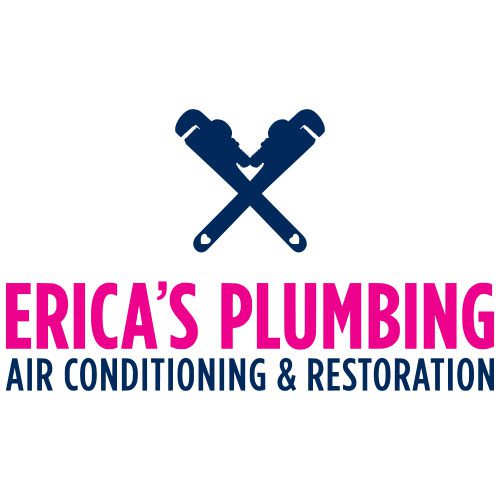If you live in South Florida, you know how crucial air conditioning is to your daily comfort. You’ve probably made a few calls for AC repairs over the years — maybe you’ve even replaced your AC unit once or twice. But what about AC maintenance? It’s easy to forget about since your AC system works quietly in the background. The truth is, regular AC maintenance packs a ton of benefits that might not jump out right away, but they add up big time down the road.
Want more? Here are some more Boca Raton AC services that we provide:

Air Conditioning Maintenance in Boca Raton, FL,
What Does AC Maintenance Really Mean?
AC maintenance gives your cooling system a thorough health check. Think of it as a yearly physical for your air conditioner. During these visits, AC technicians check every part of your system to catch small issues before they turn into expensive problems. Your current system needs this care to keep running strong through Boca Raton’s intense heat.
When we perform AC maintenance for Boca Raton homes, we dig deep into your air conditioning system. We look at everything from the tiniest electrical connections to the biggest components. Your air conditioner running at peak performance means lower energy bills and fewer surprise breakdowns.
Some critical tasks we perform include:
- Clean and calibrate your thermostat to keep temperature readings accurate.
- Test all electrical connections and tighten them to prevent system failures.
- Clean the condenser and evaporator coils to maintain proper cooling.
- Check refrigerant levels and pressure to keep cool air flowing strong.
- Inspect and clean drainage systems to prevent water damage.
- Test all safety controls to protect your air conditioning service.
Critical AC Components That Need Regular Care
Condenser Unit
Your outdoor unit takes a beating from the elements. We remove debris, straighten bent fins, and check the fan motor. When your air conditioning system fails, it often starts with condenser problems we could have prevented.
Evaporator Coil
This hidden component needs regular cleaning to keep your HVAC system efficient. We remove built-up dirt that makes your AC work harder than necessary.
Read More
Air Handler
The heart of your cooling system requires careful maintenance. We lubricate moving parts and check belt tension to prevent your air conditioning from breaking down.
Ductwork
Clean ducts help your AC system deliver the cool air you need. We inspect for leaks that waste energy and drive up costs.
Why Professional AC Maintenance Matters
There’s a big difference between basic DIY care and professional AC maintenance. Our technicians use specialized tools and testing equipment that aren’t available to homeowners. We can measure refrigerant levels precisely, spot electrical issues before they cause safety problems, and identify parts that are wearing out. When your South Florida home needs emergency services, it’s usually because of problems that proper maintenance would have caught.
Think about this — replacing a new air conditioning system costs thousands of dollars. Regular maintenance helps your cooling system last years longer. Plus, we can spot energy-wasting problems that DIY checks might miss. It’s cost-effective and makes a real impact on your life and your AC unit. What’s not to like?
DIY AC Maintenance Tips for Homeowners in Boca Raton, FL
While professional AC maintenance is always preferred, it doesn’t mean that there aren’t some things you can do to help. In fact, there are several steps homeowners can take to keep their air conditioners running smoothly between professional visits.
Change air filters every month during peak cooling season, as it’s the single best thing you can do for your AC services. Keep your outdoor unit clear of leaves, grass clippings, and debris. Listen for unusual noises that might signal problems. Clean your vents and registers regularly. And most importantly, pay attention to how your system performs — if something seems off, it probably is.
Protect Your Cooling System With Our AC Maintenance for Boca Raton, FL
Is your AC ready for another brutal Boca Raton summer? If you hesitated at that thought, give us a call today! Maintenance is so important, and its benefits stack up fast. They include lower energy bills, fewer repairs, longer system life, and better comfort. Who wouldn’t want that?
Let’s get your Boca Raton AC repair and maintenance schedule set up. Give us a call today to keep your AC running strong all year long!
Experts You Trust in Broward and Palm Beach County
When you choose us, you will experience the difference of having a reliable and caring home service partner. Let us enhance the comfort and joy in your home – because your family deserves the very best.




